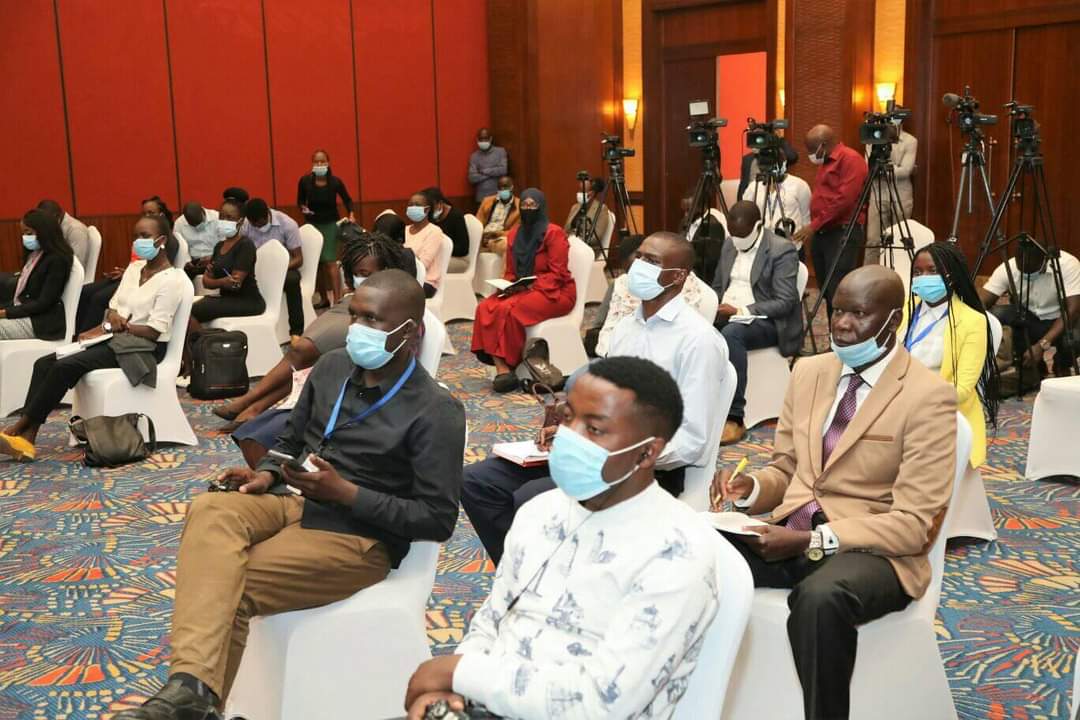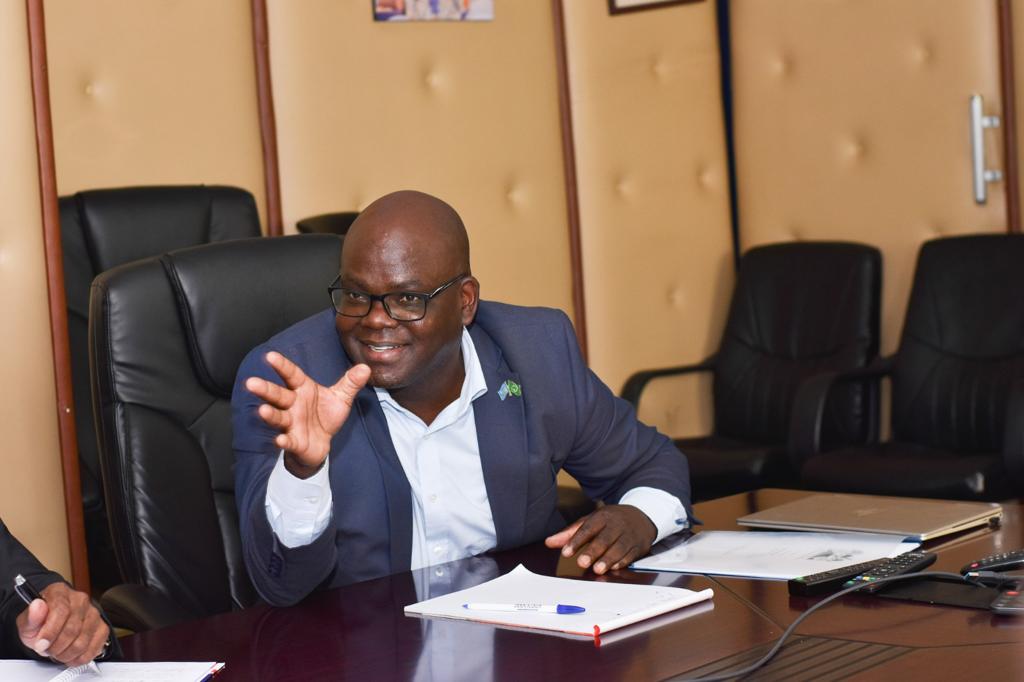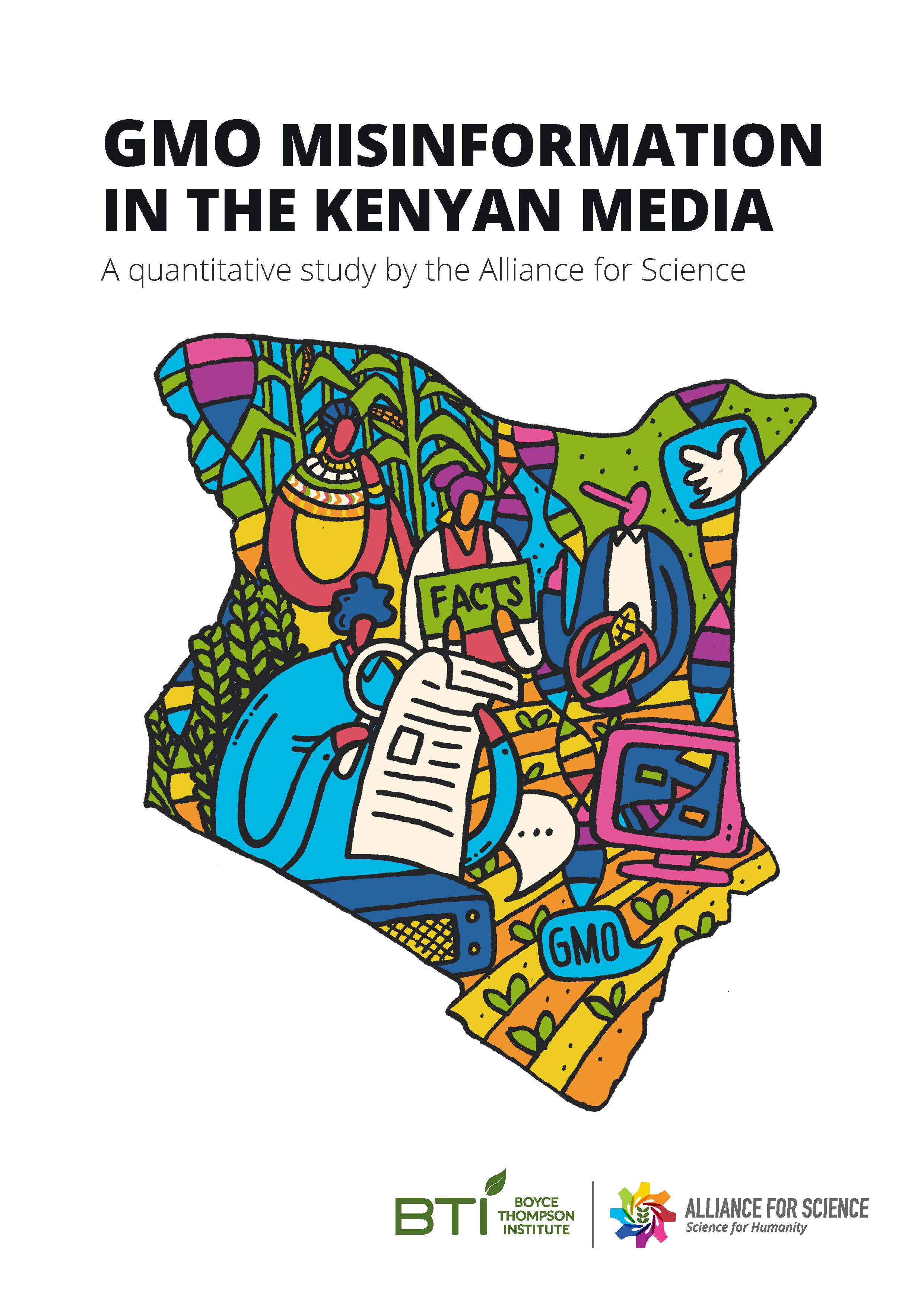A report highlighting levels of misinformation about GMOs in Kenya’s media, released in February 2023 by the Alliance for Science, has brought to the fore the persistent challenge of “conveyor belt” journalism.
Media pundits in Kenya have for a long time decried the prevalence of this kind of journalism in the country’s news production, and now GMOs have joined a long line of its casualties.
It sounds like a perfectly valid rote in news production: A journalist picks up a politician’s salacious comment on a topical issue, tucks the verbatim remark within a pair of parentheses, and dashes to press with it.

Commenting on the subject of conveyor belt journalism, Kenyan journalist and editor Susan Mwenesi provides quite a succinct definition.
“As its name suggests, it involves conveying news from the source to the audience as it is. No interrogating facts as presented, no getting the story behind the story, no analysis, or spin-offs from the original story,” she says.
“Just the good old press release that is most likely to cover the topic at hand for that particular time. All these lead to generic news being put out there for the audience.”
Not entirely the journalists’ fault

By surrendering themselves to the temptation of directly injecting quotes into news reports and bulletins — particularly sound bytes from non-specialists on subjects such as GMOs and science — journalists delink themselves from the crucial roles of fact-checking and synthesis.
Quite often, the audience might end up with misleading information, which impedes good-quality decision-making.
Journalists may be forced to resort to self-censorship and let the comments go to the pages and news bulletins unchallenged.
The incidence of this kind of journalism is not entirely the journalists’ fault.
Experts in Kenyan media have pointed to compromised editorial independence in some cases and the looming threat of retaliation, particularly by powerful figures if their sentiments are subjected to editorial sanction.
Under the circumstances, journalists may be forced to resort to self-censorship and let the comments go to the pages and news bulletins unchallenged.

Commenting in the country’s Standard Digital news, Henry Maina, a member of the Complaints Commission of the Media Council of Kenya and former director of Article19 Eastern Africa, observed that “the idea that a public servant can insolently threaten an employee of a private company with sacking purely because of a story he is not pleased with means editorial independence is under attack and that to survive, most journalists may resort to self-censorship of ‘conveyor-belt journalism’ to please those in power.”
Echoing these insights, Alliance for Science concedes in its report that media professionals might be faced with the challenge of rebutting some of the controversial remarks and thus stoke the wrath of prominent persons.
“It is incumbent on media to separate fact from fiction, not to simply report what is said without providing readers the ability to separate fact from falsehood.”
Regardless, the media have the role of helping their audiences synthesize these comments and separate fact from fiction, for the wider public good.
“We appreciate it is challenging for journalists to publish rebuttals when comments are made by prominent people in society… However, it is incumbent on media to separate fact from fiction, not to simply report what is said without providing readers the ability to separate fact from falsehood,” the report noted.
Filter misleading commentaries
One of the solutions advanced towards helping the media subject commentaries by politicians and other public figures to the magnifying glass of journalistic scrutiny, was through empowering journalists with “know-why” and not just “know-how.”
In his book, I Accuse the Press, the late Phillip Ochieng envisaged a media landscape in which the journalist — far from being a mere conveyor belt of information — is also equipped with the analytical chops and sensitivity to break down information for the reader’s benefit.
Alliance for Science recommends a media landscape that devotes space and resources to authoritative scientific voices.
“Kenyans deserve better from their media than to be the recipients of a flood of misinformation on GMOs conveyed without context on a matter of great importance for food and nutrition security,” asserted Alliance for Science in the report.
As a measure to facilitate the publication of credible, science-backed information on the subject of GMOs, and to filter misleading commentaries by powerful forces, Alliance for Science recommends a media landscape that devotes space and resources to authoritative scientific voices.
It’s a call to scientists to become better communicators and take charge of the subject, and for journalists to bring on board scientific expertise and factual statements to rebut questionable claims made by politicians and anti-science organizations.

